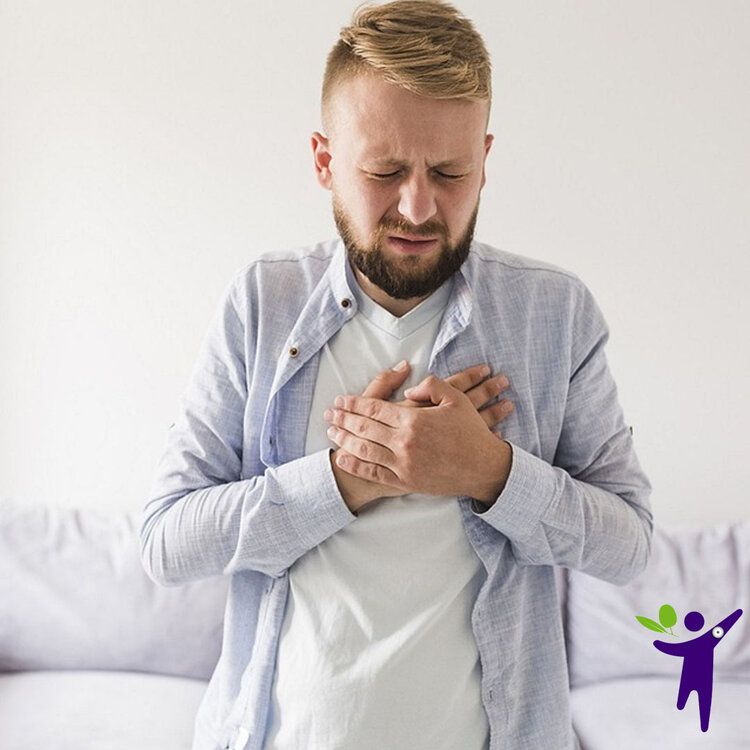Also known as gastroesophageal reflux disease or GERD, heart-burn is a burning pain in your chest, just behind your breastbone. It can feel almost like an arrow has pierced you breast gone bone through your back. The pain is often worse after eating, in the evening, when lying down or bending over. The cause is the normal acid from the stomach “refluxing” (literally flowing-back) back up the food pipe or oesophagus
Occasional heartburn is common (especially in pregnancy) and no cause for alarm. Most people can manage the discomfort of heartburn on their own with lifestyle changes, but if it is more frequent or interferes with your daily routine it may be a symptom of a more serious condition that requires medical care.
How to prevent heart burn?
Occasional heartburn can happen to anyone, but being overweight is one of the most common causes of gastroesophageal reflux disease. In fact, the American Society for Gastrointestinal Endoscopy identifies obesity as the leading cause of frequent heartburn. Excess weight increases abdominal pressure, making stomach acid leakage or backflow more likely.

Reducing trigger foods can benefit GERD in two ways: it can help alleviate symptoms in the short-term, and even help you lose weight in the long-term. Here are a few foods to avoid:
1. coffee
2. fatty foods
3. carbonated drinks
4. packaged/processed foods
5. spicy foods
6. carb-heavy meals, especially late at night
How do I lose weight effectively?
The ProLongevity programme helps you understand what causes blood sugar spikes when you eat certain foods, so we can identify what foods are good for you and what foods to avoid. Put simply this eliminates the root cause of the epidemic of diabetes and other serious life-limiting conditions like obesity, hypertension, heart disease, and the risk of strokes.





